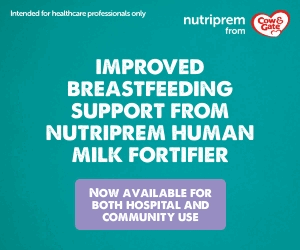To KP or not to KP: a retrospective cohort study
Neonatal sepsis is a leading cause of neonatal mortality; however, it is also acknowledged that current guidelines overtreat this condition. Some units across the UK have transitioned to the Kaiser Permanente (KP) sepsis risk calculator (KPSRC) in an effort to reduce unnecessary early onset neonatal sepsis (EONS) screens. This study compares the sensitivity and specificity of the KPSRC to current guidance using a retrospective cohort approach. It aims to identify whether the use of the KPSRC has the potential to reduce unnecessary bed days without resulting in a potential increase in missed cases of sepsis.
Rosie RootsPaediatric ST5 Registrar
Croydon University Hospital
rosie.roots@nhs.net
Christine Hesketh
Paediatric ST6 Registrar
Evelina London Children's Hospital
Salim Yasin
Consultant Paediatrician
Queen Mary's Hospital for Children, Carshalton, Surrey
Roots R., Hesketh C., Yasin S. To KP or not to KP: a retrospective cohort study. Infant 2024; 20(2): 59-63.
Please subscribe and log in to see the full article.
- This study reinforces that transitioning to a new protocol could cut down on unnecessary septic screens, however, there is a potential risk of missed cases of EONS.
- There is need for substantial training, robust supervision and safety mechanisms during the transition process.
- Rationalising the definition of sepsis to better risk stratify culture-negative sepsis could make EONS risk calculators more accurate. The current definition used in clinical practice does not reflect the definition of neonatal sepsis used for research purposes.
Also published in Infant:


